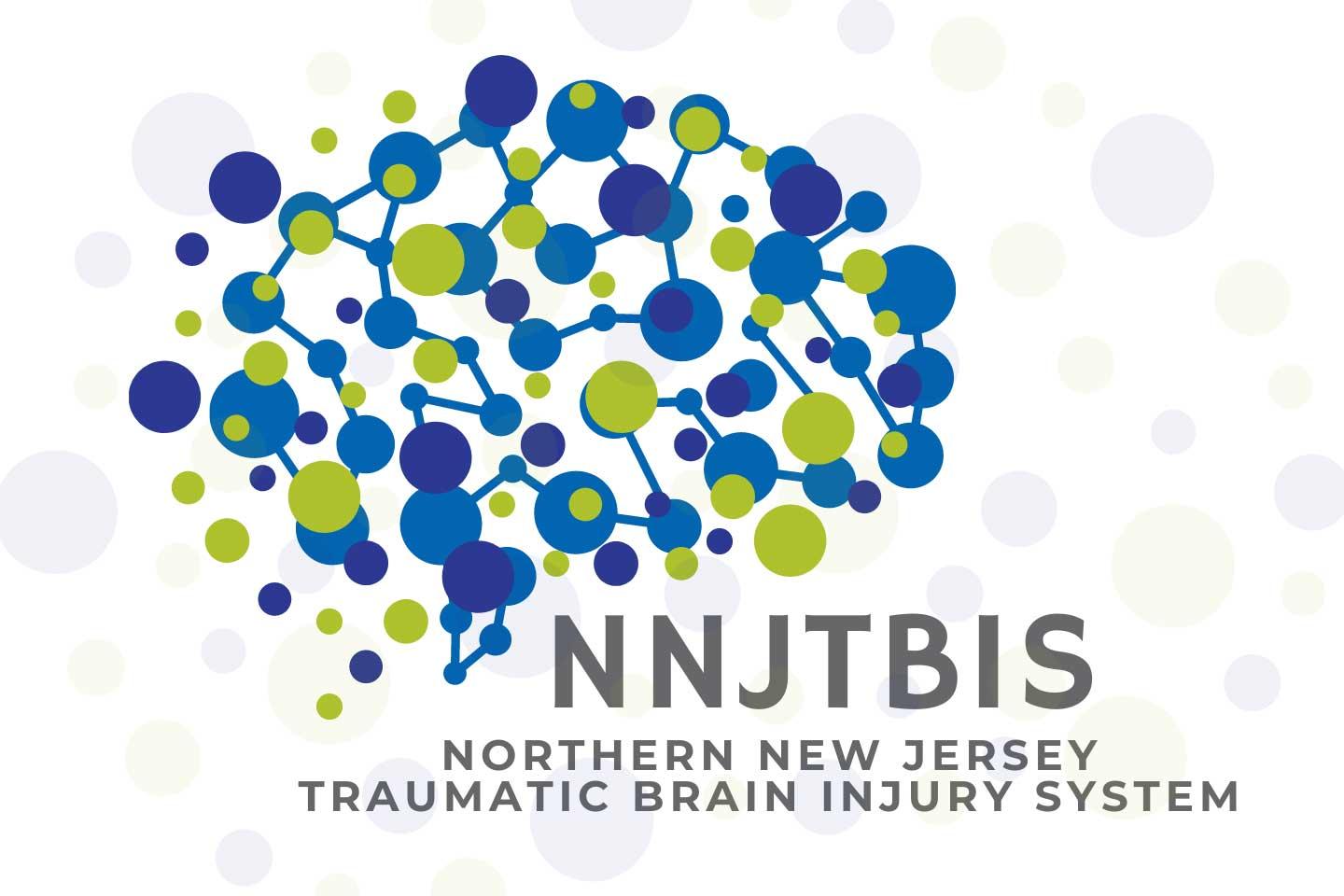
The Northern New Jersey Traumatic Brain Injury Model System
The Northern New Jersey Traumatic Brain Injury Model System (NNJTBIS) is a federally funded system of traumatic brain injury (TBI) research and clinical care that provides trailblazing investigation, quantifiable data, and answers for individuals living with TBI and their care partners. The NNJTBIS is a collaborative project of Kessler Foundation, Kessler Institute for Rehabilitation, and four local trauma centers. NNJTBIS is one of only 16 centers in the U.S. funded for the current national Traumatic Brain Injury Model System (TBIMS) grant cycle.
Contributing Essential Research Data
NNJTBIS delivers a specialized program of care and conducts research to improve the long-term functional, vocational, cognitive, and quality-of-life outcomes of individuals living with the consequences of TBI. Through the NNJTBIS, scientists contribute research data to the national TBIMS database, translate findings into clinical care, and provide resources for individuals with TBI and their caregivers.
Gaining an Understanding of Demographic Factors
Gaining a better understanding of demographic factors contributes to the knowledge needed to help with the recovery of individuals with TBI. All TBIMS centers contribute participant data to the national TBIMS database from the time of an individual’s injury throughout his or her life. NNJTBIS is a leading contributor to this important database.
Enhancing Care through Collaboration
Each year, the NNJTBIS enrolls approximately 35-40 newly injured participants in its program and collects follow up information on approximately 200 enrollees. Information collected includes age, minority status, employment, cause of injury, and injury severity. These data yield substantial information on the long-term impact of TBI on individuals and caregivers. The NNJTBIS also participates in collaborative studies, which focus on a variety of topics such as quality of life after injury, cognitive changes after TBI, differences in menopausal symptoms in women with TBI, and the resilience of caregivers.
Improving Outcomes for Minority Groups
The national TBIMS examines recovery across various races, cultures, ethnicities, and socioeconomic communities. Racial/ethnic minorities are often at greater risk for TBI and less likely to receive quality care due to a variety of socioeconomic and cultural factors. By exploring these factors, researchers are developing culturally sensitive approaches as a way to improve rehabilitation outcomes, including recovery, quality of life, community participation, and employment. This research underscores the importance of addressing diversity in recruitment efforts for rehabilitation research studies to ensure that treatment protocols reflect the needs of the diverse population of individuals with TBI and their caregivers.
Learn More TBI Recursos en Español ¡Participe en un estudio!
Supporting Caregiver Health
More than five million Americans with TBI need long-term assistance with activities and daily living. Most commonly, the primary responsibilities fall to family caregivers. Their stress-related issues adversely affect their mood, physical health, family relationships, marital satisfaction, and longevity. Most significantly, caregiver stress has a negative effect on the caregiving of individuals with TBI. Research aimed at identifying and addressing caregiver needs is helping them overcome their challenges, improve their quality of life, and provide quality care for their loved ones living with the lifelong effects of brain injury.
Educating Individuals and Caregivers
Helping individuals and families adjust to life after TBI is an important part of the NNJTBIS mission. NNJTBIS connects with the community at TBI consumer conferences and through the TBI News & Views newsletter, virtual quarterly consumer webinars, and social media outreach. We also provide practical information on advocacy organizations, support groups, caregiver support, and vocational resources. NNJTBIS podcast recordings, available via SoundCloud, provide broader access to conference presentations by subject matter experts on TBI care and research.
The project director of the NNJTBIS is Nancy Chiaravalloti, PhD.
The NNJTBIS is supported by grant #90DP0032 from the National Institute on Disability, Independent Living, and Rehabilitation Research (NIDILRR),
Office of Special Education and Rehabilitative Services, U.S. Department of Education, Washington, DC.